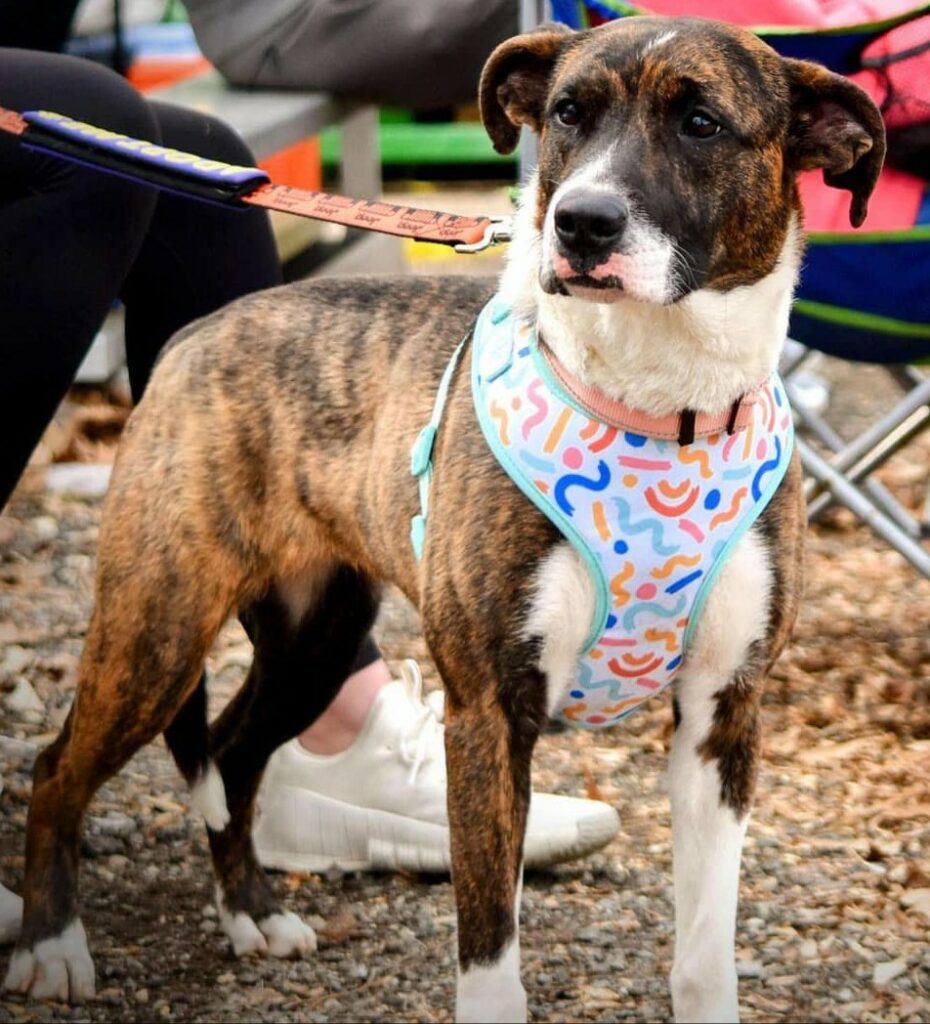Introduction
In Virginia, like many states across the U.S., discussions surrounding breed-specific legislation (BSL) often arise, particularly concerning certain breeds such as Pit Bulls. This article aims to clarify why banning Pit Bulls is not a solution and highlights the importance of understanding dog behavior irrespective of breed. Learn how you can support a more compassionate approach to animal welfare.
What is Breed-Specific Legislation?
BSL refers to laws that restrict or prohibit the ownership of specific breeds deemed dangerous. Commonly targeted breeds include Pit Bulls, Rottweilers, and Doberman Pinschers. Proponents of BSL argue that it reduces dog bite incidents and improves community safety.
The Case Against BSL
1. Misunderstanding Behavior
It’s crucial to understand that aggression in dogs is not solely dictated by their breed. Factors such as upbringing, environment, and training often contribute more significantly to a dog’s behavior. Banning specific breeds, including Pit Bulls, fails to address the root causes of aggression in dogs.
2. Lack of Evidence Supporting BSL
Numerous studies have shown that BSL does not lead to a significant decrease in dog attacks. For instance, a report from the American Veterinary Medical Association indicates that different factors, such as the owner’s behavior and training practices, play a more significant role in dog aggression.
3. The Impact of BSL on Responsible Owners
BSL criminalizes responsible dog ownership. Many individuals in Virginia love their Pit Bulls because of their loyalty and affection. By banning these dogs, it not only separates families but also places a stigma on a breed that, with proper training and socialization, can be friendly and well-behaved.
Why Pit Bulls are Wonderful Pets
1. Temperament and Traits
Pit Bulls are incredibly loyal, compassionate, and intelligent dogs. Many families in Virginia own Pit Bulls and report positive experiences. Studies have indicated they are often good with children when properly socialized.
2. Success Stories
Organizations like Wounded Paw Project advocate for the adoption of Pit Bulls. Success stories from the project showcase transformed lives of rescue Pit Bulls, achieving incredible bonds with their human companions.

Alternatives to BSL
1. Focus on Owner Education
Instead of breed-specific bans, local governments should provide educational resources for dog owners. Understanding aggression, training, and responsible ownership can mitigate many of the issues cited by proponents of BSL.
2. Support Local Ordinances
Communities can enforce laws that target irresponsible owners rather than specific breeds. For example, laws ensuring proper training and socialization of all dogs are more effective in promoting safety.
Involvement: How You Can Help
If you wish to support the cause against BSL in Virginia:
- Become an Advocate: Speak out about the benefits of responsible dog ownership.
- Support Shelter Programs: Organizations like Wounded Paw Project provide resources and education on responsible dog ownership.
- Foster or Adopt: Consider adopting a Pit Bull or participating in foster programs.
FAQs
1. What should I do if I see breed-specific laws in my community?
Contact your local representatives to express your opposition and advocate for policies that promote responsible pet ownership rather than breed bans.
2. Are Pit Bulls dangerous?
No, a dog’s behavior is influenced more by its upbringing than its breed. With proper training, many Pit Bulls are friendly and well-behaved.
3. How can I help promote better treatment for dogs?
Get involved in local animal welfare organizations, support educational initiatives, or volunteer at shelters to promote positive dog-owner relationships.
Conclusion
Banning Pit Bulls in Virginia is not a solution to dog aggression. Instead, it perpetuates misunderstandings and stigmas surrounding this breed. Let’s advocate for responsible ownership and focus on education, ensuring safe environments for dogs and communities alike. To learn more about how you can help or to get involved, visit Wounded Paw Project.
If you have questions or need further information about Pit Bull ownership, feel free to contact us today!
